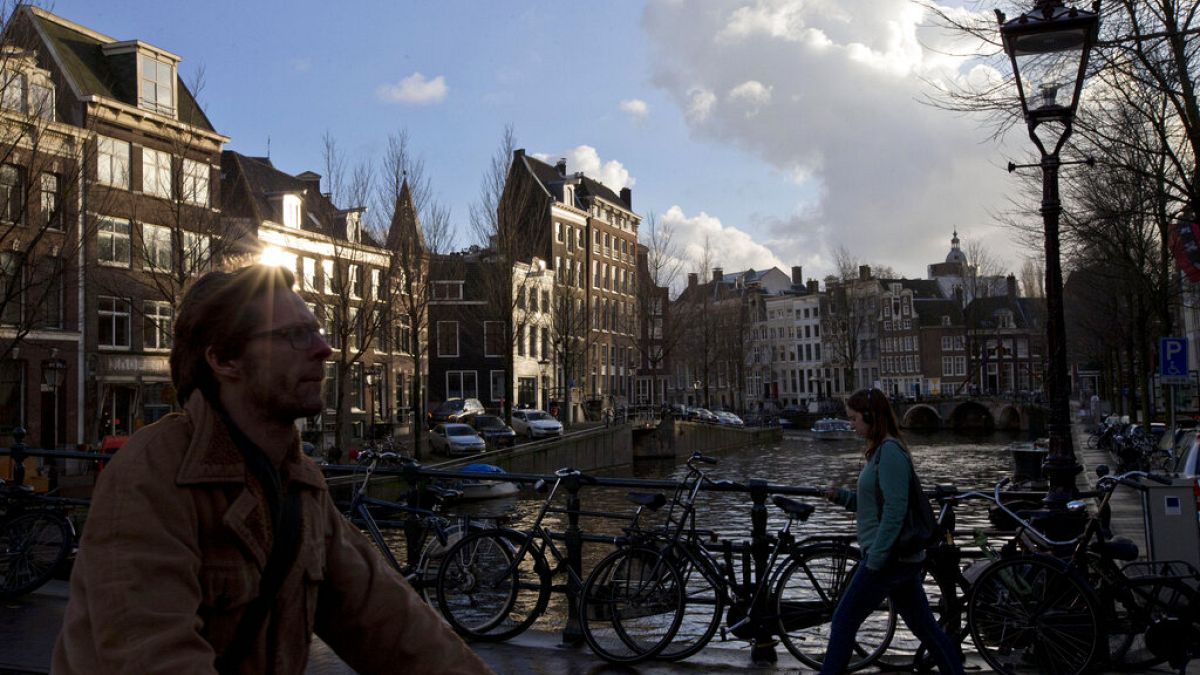Young people across the globe rely on government tax revenues for the realisation of their basic rights. Tax avoidance is therefore a children's rights issue, argues Zurich-based law teacher and NGO director Alexandra Dufresne.
Today is World Children’s Day, and the 32nd anniversary of the adoption of the UN Convention on the Rights of the Child.
Despite the devastating impact of the COVID-19 pandemic on children worldwide, the overall well-being of children - especially girls - has improved dramatically in the last 32 years.
But we risk backsliding if we do not tackle head-on the thorny issue of tax avoidance by wealthy individuals and corporations, enabled by weak corporate tax and financial transparency laws in states like Ireland, Switzerland and the Netherlands.
Tax avoidance is, at its very core, a children’s rights issue. This is because children, more than any other group of rightsholders, depend on sufficient government tax revenue for the realization of their basic rights.
How does tax avoidance harm children?
Human rights abuses against children are relatively rarely driven by animus or prejudice. They are most often driven by a lack of government resources.
In the Global South, governments lack the funds necessary to fully protect children due to insufficient tax revenue.
Tax revenue is lacking in large part because taxable wealth has been siphoned off to tax havens. An estimated 10 percent of the world’s GDP, and 30 percent of the wealth of the continent of Africa, is hidden in tax havens.
Imagine what the world would look like for children if even a fraction of that wealth could be taxed by governments in the countries where it was generated.
Even a small percentage increase in tax revenue can have an enormous effect on children’s rights, as incremental improvements - such as one additional year of schooling for girls - have enormous positive ripple effects.
Fewer parents would be forced to choose which children to send to school and which to keep home to work. Fewer families would suffer the heartbreak of losing a baby or toddler to preventable disease.
Fewer pre-teen girls would have to live in fear of being married off as children. Fewer teenage boys would have to make life-threatening journeys to find work or escape violence.
States with weak tax and financial transparency laws profit from facilitating the hiding of money that would have been spent on schools, health clinics, roads, law enforcement, housing, electricity, high-speed internet and community development.
In other words, states with weak tax and financial transparency laws externalize the costs of their decisions on to “other people’s children” - often children an ocean away whom citizens in these states can neither see nor hear.
A potential solution
In 2020, the UN Committee on the Rights of the Child (CRC) set an important precedent when it asked Ireland to describe measures taken to “[e]nsure that tax policies do not contribute to tax abuse by companies operating in other countries, leading to a negative impact on the availability of resources for the realization of children’s rights in those countries”.
The UN Committee on the Elimination of All Forms of Discrimination against Women (CEDAW) also set a bold precedent when it asked Switzerland to make public its periodic, independent, impartial and participatory assessments of the extraterritorial effects of its corporate tax and financial secrecy policies on women’s rights.
This request came in the wake of a devastating report by a coalition of advocates documenting the ways in which Swiss policy harms women’s rights abroad.
The Netherlands, like Ireland and Switzerland, scores very poorly on tax haven and financial secrecy indexes. Its review by the Committee on the Rights of the Child is scheduled for February 2022.
This upcoming review presents a valuable opportunity for the CRC to press the Netherlands to report publicly on the extraterritorial effects of its tax and financial transparency policies.
It also presents the chance to create a chain of precedent by which all states who play a large role in facilitating international tax avoidance can expect to be asked to give a public accounting of the effects of their decisions on children abroad.
If the small minority of states who are the worst offenders in this regard are regularly required to report publicly on the human rights costs of their decisions, policymakers and citizens will be better able to hold them accountable.
Sunlight is the best disinfectant, as US Supreme Court Justice Louis Brandeis famously noted. The most damning information about tax havens has emerged only as a result of data leaks, such as those behind the Panama, Paradise and Pandora Papers scandals.
Financial secrecy makes it almost impossible for policymakers and citizens to appreciate the real world impact of their decisions.
In contrast, if citizens of Ireland, Switzerland, the Netherlands and similar states could see the true costs of their tax and financial transparency policies on the human rights of children abroad, they would demand reforms.
_Alexandra Dufresne teaches law at Swiss institutions of higher education and leads a human rights clinic that serves NGOs in the US, Switzerland, Europe and Africa. _
